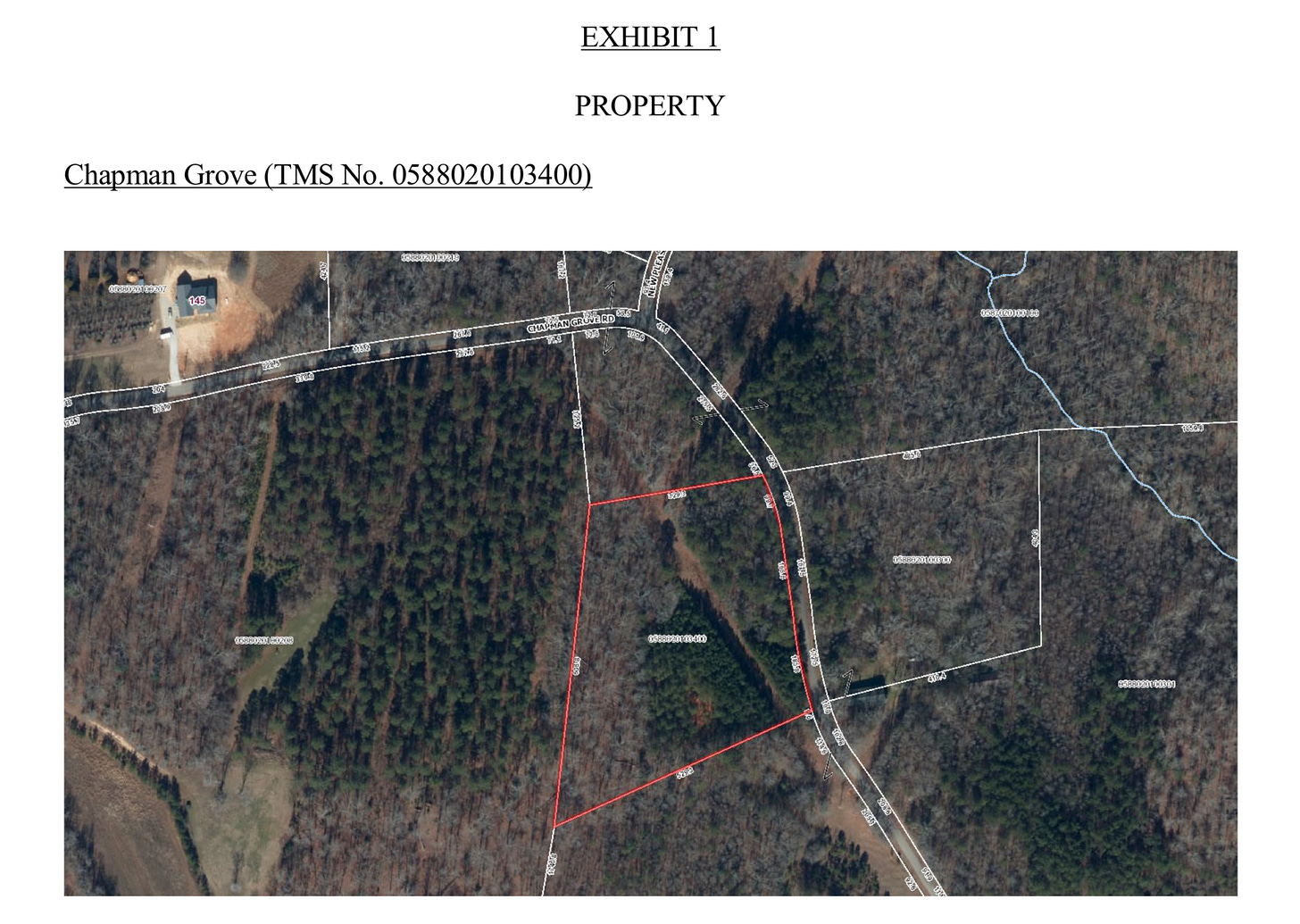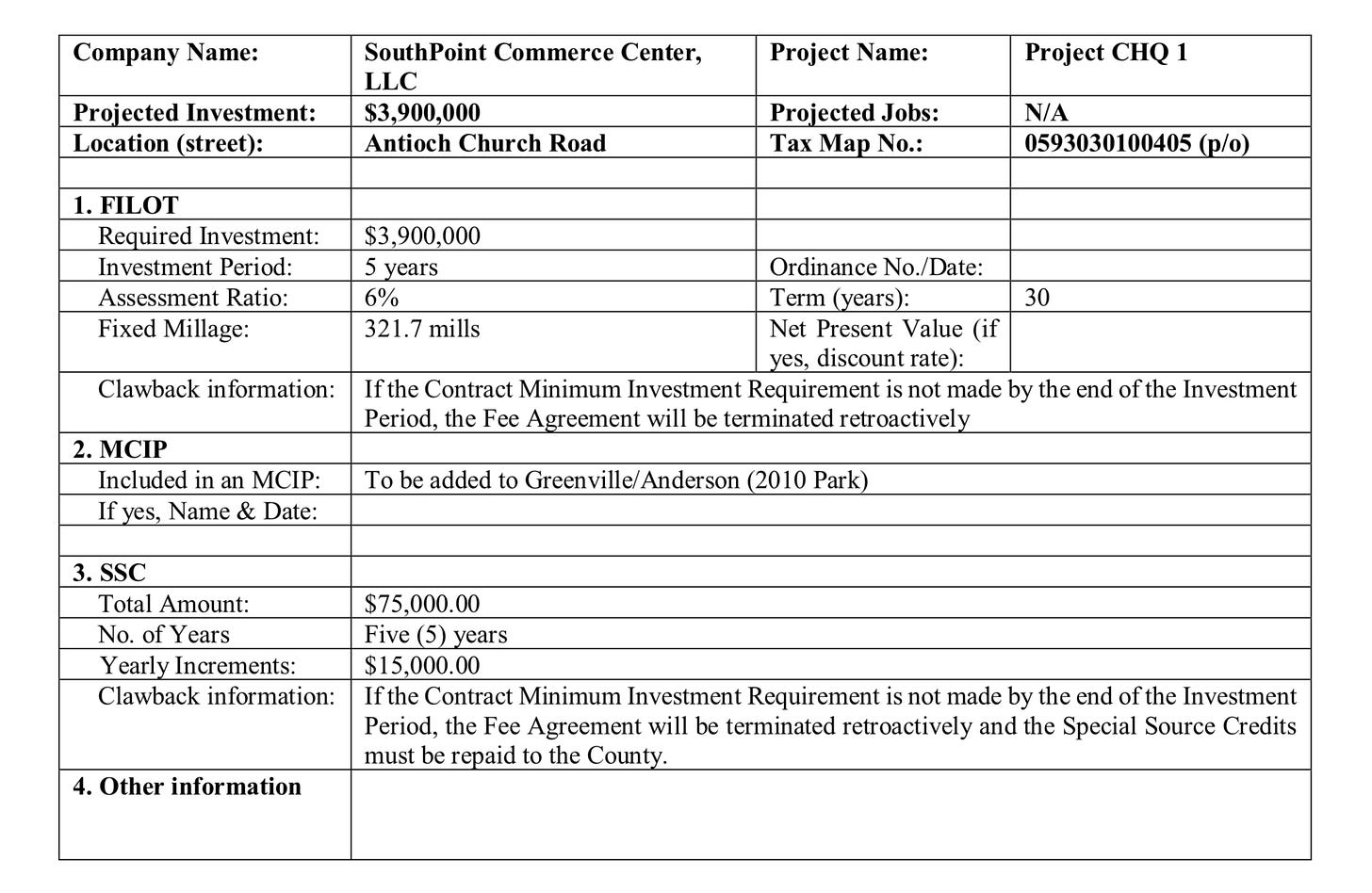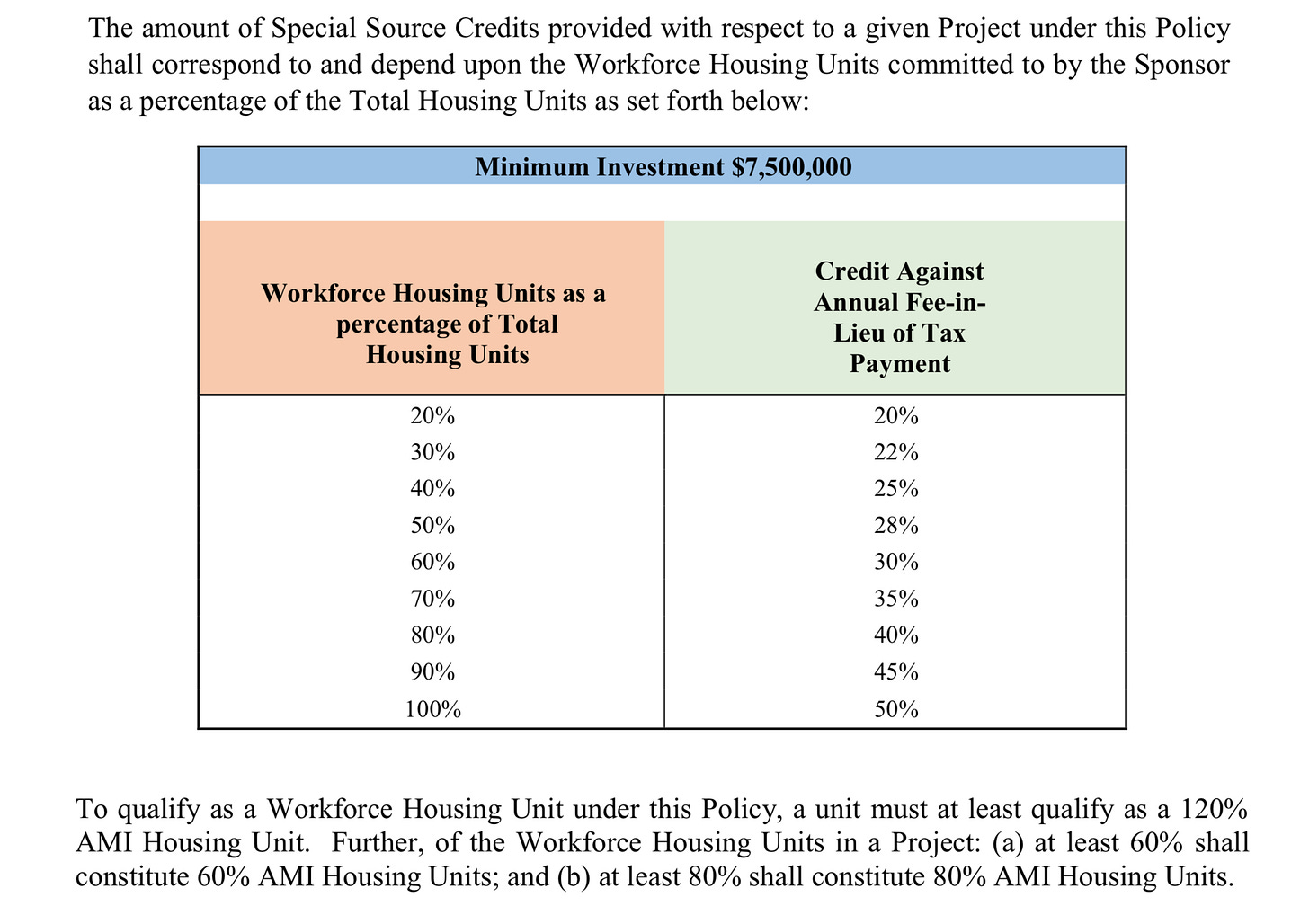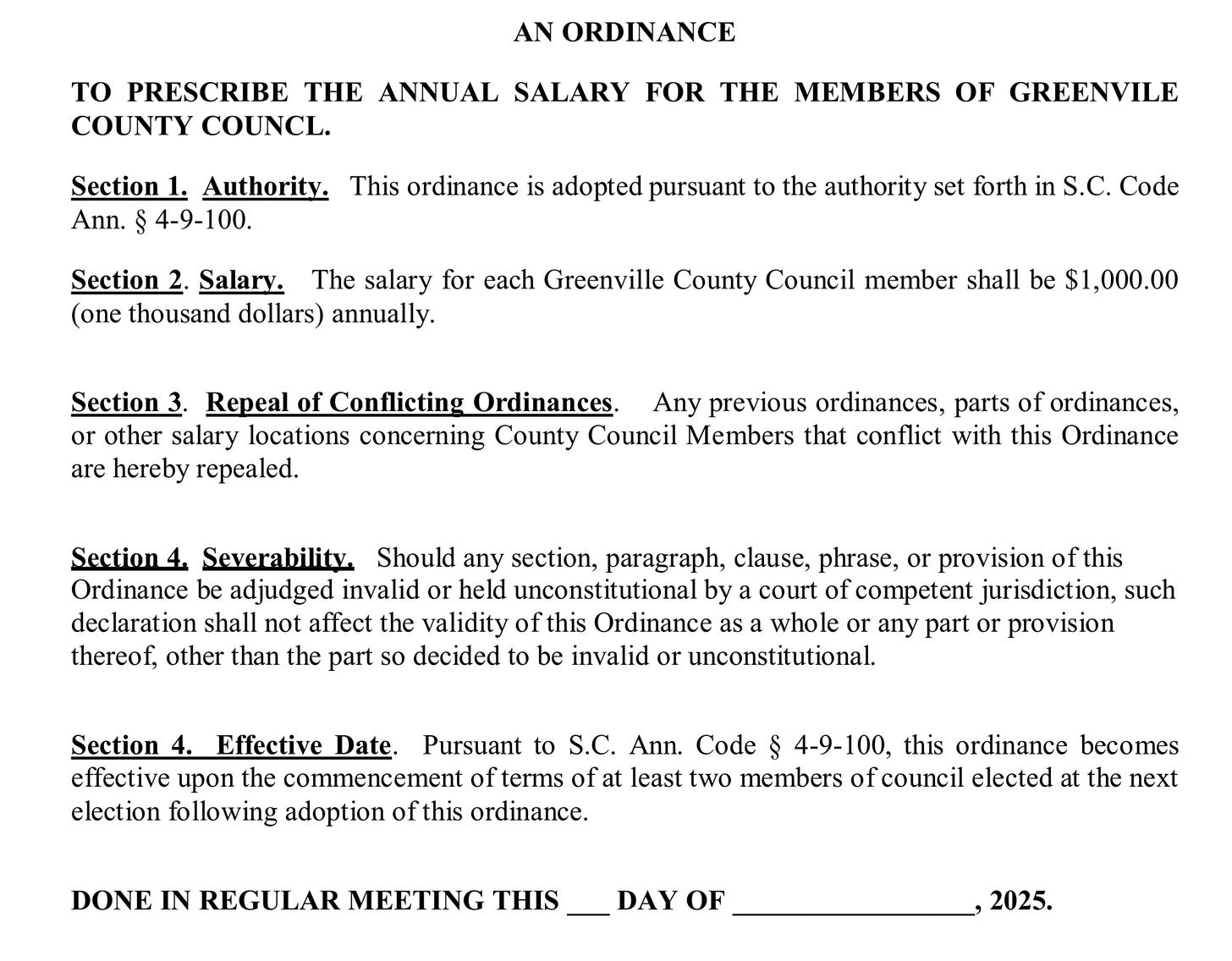Decisions in the Dark: The Dysfunction Behind Greenville County Council’s Final Meeting of 2024
Councilman Blount’s Newsletter 11-30-24
As we approach the final Greenville County Council meeting of the year, the agenda offers a striking snapshot of both the critical issues our community faces and the dysfunction that has defined my first two years on Council. While some of the items appear to address legitimate needs, it’s become increasingly clear that immaturity, gamesmanship, and manipulative tactics continue to cloud the decision-making process. These behaviors not only undermine the public’s trust but also force me to question the true intentions behind nearly every agenda item—no matter how straightforward they may seem. Unfortunately, this has a direct impact on how I vote, as I cannot simply assume that even seemingly legitimate proposals are free of hidden motives.
For those following along, you can view the full agenda here: County Council Agenda 12-3-24
As you will see, I’m not trying to mislead anyone about these issues. I’ve provided links to every agenda item under each section title so you can read for yourself. My goal isn’t to stir up controversy during Tuesday’s meeting, but rather to give you a clear view of how needless manipulation and divisiveness have plagued Greenville County Council over the past two years.
Lake Cunningham Fire District 3rd reading on $9 Million Dollar Bond
Lake Cunningham Fire District Bond
The proposed third reading of the ordinance allowing the Lake Cunningham Fire District to issue $9,000,000 in general obligation bonds is deeply troubling, especially considering the overwhelming rejection of this measure by voters. With 1,289 votes against and only 219 votes in favor, the citizens of Greenville County sent a clear message that they do not support this initiative. Yet, it remains on the agenda for further consideration, raising serious concerns about whether their voices are being respected.
What makes this situation even worse is that the entire agenda for the upcoming meeting has yet to be sent to Council members. I had to seek out and confirm its availability myself on a Saturday. This lack of communication and transparency is unacceptable, particularly for such a significant and controversial issue. I would like to believe this is simply an oversight caused by the sheer volume of items being packed into the agenda, but without access to the agenda in a timely manner, it’s impossible to know what’s really happening. This lack of basic transparency undermines the trust and confidence of not just Council members but also the public.
The people have already spoken loud and clear on this matter. To move forward with a third reading after such decisive public opposition would be a blatant disregard for the democratic process. I urge my colleagues to respect the will of the voters and reject this ordinance. Greenville County deserves leadership that prioritizes transparency, accountability, and fidelity to the expressed will of its citizens—not attempts to push through measures that have already been overwhelmingly rejected.
Sale of Chapman Grove Road
The proposed sale of the approximately 5.3-acre parcel of county-owned property on Chapman Grove Road in Pelzer is highly concerning and raises serious questions about whether the County is acting responsibly. The deed for this property clearly states that if the land is used for anything other than recreational purposes, it is to revert back to the original family. Moreover, family members have expressed their desire to keep the land, which makes the push toward a potential sale even more troubling.
I hope that this is simply another oversight in the process—perhaps due to the hurried pace at which these decisions seem to be advancing. However, the fact that we are creeping closer to approving this sale, despite the deed’s stipulations and the family’s wishes, signals a lack of due diligence and respect for the property’s intended purpose. Selling this land without adequately addressing these concerns is not only irresponsible but could also open the County up to legal and ethical challenges.
The County has an obligation to honor the terms of the original deed and to respect the wishes of the family connected to the property. To proceed with the sale without fully resolving these critical issues would be a disservice to the community and a failure of responsible governance. It also will call into question other items in which we are voting on Tuesday that involve “recreation only” land uses and if these promises may simply be superficial!
I urge my colleagues to take a step back, review the deed’s conditions, engage with the family, and ensure that any decision made is fully aligned with the County’s commitments and obligations. Let’s not rush into a decision that could harm both the community and the County’s credibility.
Again, I am hoping this is a simple oversight due to the other games at play!
Fee-in-Lieu of Tax Agreements for Speculative Buildings: Misguided Incentives
Full agenda item can be found here: Fee-in-Lieu of Tax Agreement
We must carefully evaluate the use of tax incentives, particularly when considering speculative developments that lack tangible community benefits. The agenda item for six fee-in-lieu-of-tax (FILOT) agreements tied to speculative industrial buildings exemplifies a misuse of such incentives. Here’s why this approach is problematic:
1. No Guaranteed Benefit: Speculative buildings, with no committed tenants, provide no assurance of job creation or economic activity. These projects hinge on uncertain outcomes, making it impossible to justify tax breaks that may not yield a return for the community.
2. Oversaturation of Industrial Space: Greenville County already has an abundance of vacant industrial buildings, indicating that there’s no shortage of product. Granting incentives to build even more speculative structures worsens this glut, undermining the value of existing properties and failing to address actual community needs.
3. Concentration of Benefits: All six of these projects are tied to the same developer, raising serious concerns about equity and the concentration of taxpayer-backed incentives in private hands without proven benefit. This kind of arrangement creates a dangerous precedent for how public funds are distributed.
4. Lost Revenue Opportunities: Tax incentives are a tool that should support initiatives offering clear, measurable returns—such as guaranteed job creation or infrastructure improvements. Speculative projects without tenants only serve to deprive the County of revenue that could otherwise fund critical priorities like education, public safety, and road maintenance.
FILOT agreements should serve as a catalyst for meaningful economic growth, not as a subsidy for uncertain ventures. This practice jeopardizes the County’s fiscal responsibility and risks turning incentives into giveaways rather than investments. Responsible governance requires prioritizing projects that truly enrich the community, rather than gambling public resources on speculative outcomes.
Workforce and Affordable Housing Policy: A Superficial Attempt
Another troubling agenda item is the Workforce and Affordable Housing policy, which is being rushed through under the guise of urgency. While addressing housing affordability is undeniably critical, this proposal falls far short of what Greenville County needs to tackle the crisis effectively:
1. Hasty and Shallow Development: This policy lacks the thoughtful research, planning, and strategic foresight necessary to address Greenville’s housing challenges. It feels rushed and incomplete, failing to lay the groundwork for sustainable, meaningful impact.
2. Overreliance on Rental Development: The policy overwhelmingly focuses on rental housing, neglecting pathways to homeownership that help build generational wealth and stabilize communities. This approach risks creating a dependency on rentals while overlooking the broader benefits of mixed-income, mixed-ownership development.
3. No Parameters for Location: Alarmingly, the policy does not include clear criteria for where affordable housing should be located. Without guidelines to prioritize proximity to jobs, transit, parks, or grocery stores, developments could be placed in areas that isolate residents from essential resources and opportunities, perpetuating cycles of inequity rather than breaking them.
4. Political Posturing Over Practicality: The rushed timeline appears to prioritize optics over outcomes. Housing affordability is a complex issue that requires thoughtful, evidence-based solutions—not a politically motivated push to pass an ill-conceived plan before the end of the year.
5. Bypassing Oversight: Adding to these concerns, the policy bypassed review by the Affordable Housing Committee, which exists to provide expertise and ensure robust solutions. Ignoring this critical oversight not only undermines the credibility of the proposal but also disrespects the processes in place to ensure collaboration and accountability.
Affordable housing is far too important to be treated as a checkbox on a political agenda. A poorly planned policy risks doing more harm than good, creating housing that fails to meet the needs of residents and exacerbating existing inequities. Greenville County deserves a comprehensive, well-researched approach to affordable housing—one that addresses location, ownership diversity, and access to resources—rather than this rushed and shortsighted effort.
The Unified Development Ordinance (UDO): A Threat to Greenville’s Rural Identity and Your Voice over it’s Future Direction
The upcoming third reading of the Unified Development Ordinance (UDO) presents a critical juncture for Greenville County. While structured development is essential, the current UDO draft appears to contravene the expressed preferences of many county residents. Key concerns include:
1. Unrestricted Density Increases: The UDO permits multi-family detached developments within single-family residential zones without necessitating council oversight. This policy could lead to significant population density surges, potentially altering the established character of existing neighborhoods.
2. Strain on Infrastructure: Rapid densification may overburden infrastructure such as roads, schools, and emergency services, which are already operating at or near capacity. The UDO lacks comprehensive plans to address these impending challenges.
3. Neglect of Rural Community Preferences: Residents in Greenville’s northern and southern regions have consistently advocated for preserving their communities’ rural character. The UDO, however, does not adequately reflect these preferences, risking the erosion of the county’s rural heritage.
Furthermore, the UDO’s development process has raised concerns about transparency and public involvement. Many citizens feel that their input has been overlooked, leading to a sense of disenfranchisement.
In light of these issues, it is imperative to reconsider the UDO to ensure it aligns with the community’s desires and promotes sustainable growth. A more inclusive approach, incorporating comprehensive public engagement and thorough impact assessments, is essential to develop a plan that genuinely serves Greenville County’s best interests.
For further info on the UDO and its implications, please refer to the following article:
Cliff Notes: The Unified Development Ordinance
A constituent recently suggested creating “cliff notes” to make the UDO more digestible. Another example that our citizens are the true experts!
Reducing Council Pay to $1,000 annually: An Empty, Childish Gesture
A proposal to reduce council members’ annual pay to $1,000 is also on the agenda, introduced by a councilman who has earned over $300,000 from taxpayers since 2012. This ordinance, which will be at its first reading, is clearly intended as a political landmine:
• Weaponizing Policy: Since this is the last meeting of the year, the proposal cannot progress further, unless they have more sneaky special called meetings in store. It’s clearly meant to serve as a weapon to use against the incoming council, rather than as a serious attempt at reform.
• Exclusion of Working-Class Voices: Slashing pay to such an extreme level would ensure that only the wealthy could afford to serve, silencing the voices of those who work hard every day to make Greenville County what it is. This is part time pay for full time work—if the work is being done correctly for the citizens of Greenville County!
• Hypocrisy: The councilman proposing this motion has personally benefitted from substantial taxpayer-funded compensation.
I can’t help but wonder: will this councilman bring a check to the meeting to repay the $300,000 he’s earned from taxpayers? If not, this motion holds about as much water as a bucket with a hole in it. The childishness of using such a motion to score political points at the expense of good governance is deeply disappointing—and emblematic of the dysfunction that has plagued the council.
County Administrator Employment Contract
This brings us to another critical issue on the agenda: the Administrator’s contract. Unfortunately, no details have been shared with Council members yet, despite the expectation that we are to vote on it this Tuesday. The lack of transparency and the rushed timeline are deeply troubling, especially given the significant nature of this decision. It appears designed to corner Council members into making a decision without adequate time to review or deliberate over the terms of the contract.
Adding to these concerns is the recent rule change, made by myself by amendment, requiring 9 members to vote “yes” to hire an employee. Yet, I’ve already heard rumors that there may be an attempt to bypass this rule by claiming this is an “extension” rather than a new hire or, even more concerning, by suspending the very rules Council adopted just weeks ago to ensure fairness and accountability. Such procedural manipulation erodes trust and undermines the integrity of the decision-making process.
To further complicate matters, there are rumors of salary and benefit increases for the Administrator as part of this contract. This is particularly jarring in light of the fact that one of the contract’s likely supporters—an outgoing Councilman—is simultaneously proposing to reduce County Council salaries to just $1,000 annually next year. To the public, this looks like an effort to secure generous benefits for the Administrator while simultaneously minimizing the ability of future Councils to serve effectively. It sends a message of misplaced priorities and a disregard for the values of fairness and transparency.
Let me be clear: I will not vote to approve this contract under these circumstances. The lack of transparency, the rumored procedural gamesmanship, and the timing of these decisions all signal a disregard for responsible governance and the trust of the public. Council must do better. We owe it to the citizens of Greenville County to ensure decisions like these are made with transparency, accountability, and integrity—not rushed through with last-minute tactics or hidden agendas.
Conclusion: Why You Should Attend This Meeting
As a citizen of Greenville County, your voice and presence matter deeply in shaping the decisions that affect our community. This meeting is an opportunity for you to witness firsthand how your elected officials are representing your interests—or failing to do so. By attending, you will not only hold us accountable but also send a clear message that integrity, maturity, and focused leadership are non-negotiable expectations for our council.
We are at a crossroads, and your involvement is critical. This meeting is about more than just the issues on the agenda; it’s about standing together to demand a higher standard of governance. I want as many of you as possible to attend, to look my colleagues and me in the eye as we vote on these matters. Let us know that you are watching, that you care, and that you expect better.
This is YOUR government, and it should reflect YOUR values. Together, let’s ensure Greenville County remains a place of integrity, accountability, and hope for the future. I hope to see you there!
In the event you cannot attend, you can watch via livestream here: LIVESTREAM










I appreciate the author's desire to not offend his colleagues and the bureaucrats who are tasked to perform the duties related to county business. It is challenging enough to cooperate with people who are focused on conflicting agendas without adding unnecessary hostilities. This of course doesn't apply to most of us so I want to point out an obvious problem.
Many of our local elected politicians and their bureaucrats have no motivation, other than their personal election season, to act in a mature, responsible fashion. Why should they?
I'll cite numbers provided with the Lake Cunningham Fire District statistics. It states there are 16,231 registered voters; I wonder what the number is of unregistered potential voters is. Of the 16,231 only 1,514 (9.33%) voted in that referendum. That's sad. Even sadder is out of that 1,514 I suspect a relatively small handful attempt to stay informed on issues.
This is not unique. In the recent Presidential election, Greenville County had, according to scvotes.gov, a 77.76% turnout. While that sounds pretty good, it's still just a little better than 3/4 of registered voters. Of that number, how many make efforts to stay informed? And again, how many unregistered people are there?
Elected politicians realize the vast majority of registered voters are not following events closely. Indifference is one reason and another reason is there are not many sources that actually report news. The local corporate owned media is staffed with people who are not reporters, they are repeaters. Their function is to repeat what elected politicians tell them.
Media and government are a clique, each looking out for each other's well being. A good example is the spokespeople for several local government's. Greenville County's spokesperson is a former network media station employee, and I could name a couple of others who have similar resumes. One back scratching the other?
As long as narratives are controlled there is little hope much will change, and that suits most elected politicians just fine. That's why I think it safe to conclude they don't appreciate your effort in communicating with constituents. It's why at least a few of us do appreciate your efforts!
Another outstanding effort to keep us informed!
We appreciate your candor and dedication to public service!!
I hope your influence on the “ new” council increases their willingness to “serve” rather than “service” the special interests!
Thank you, Sir!!!